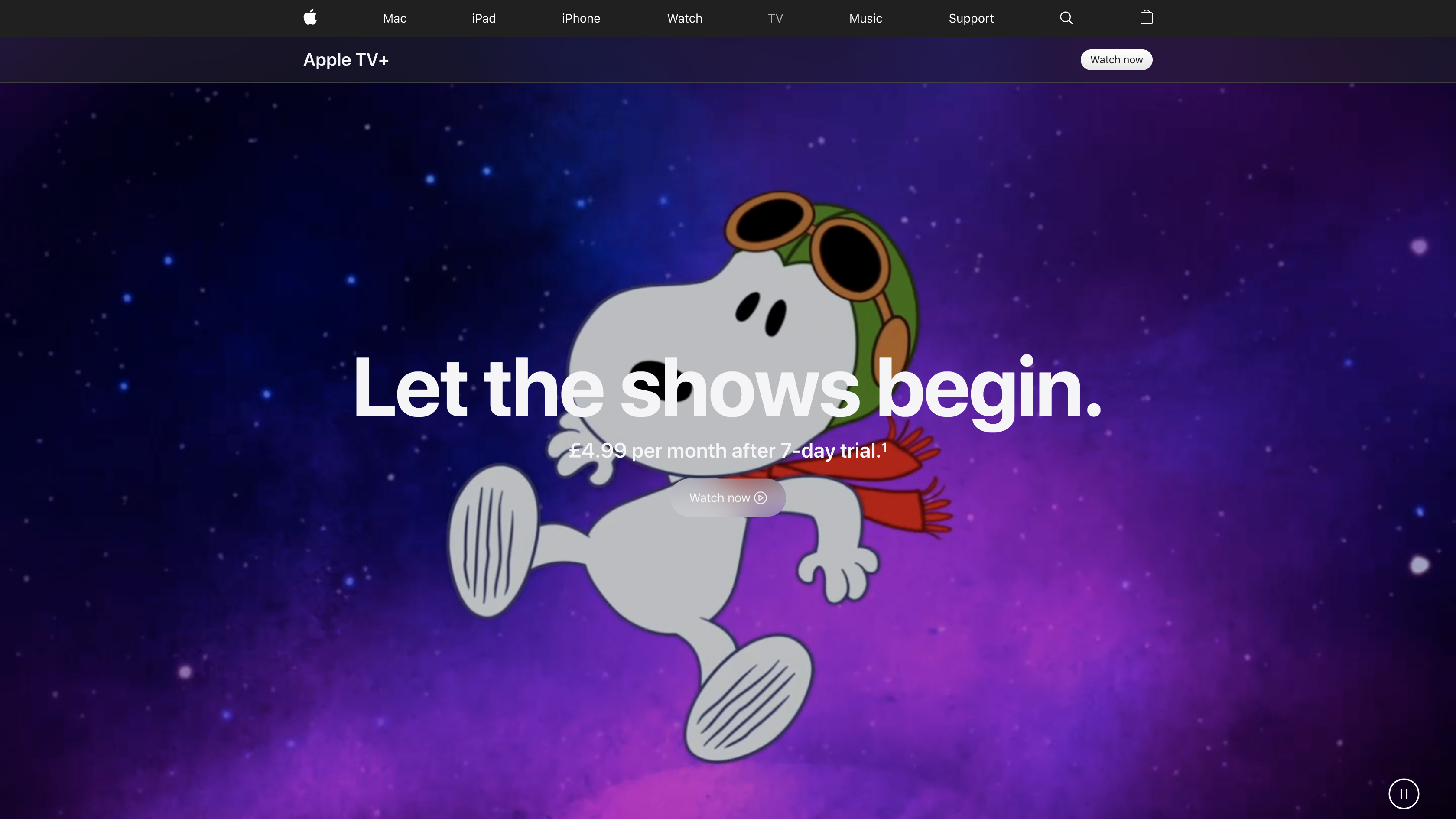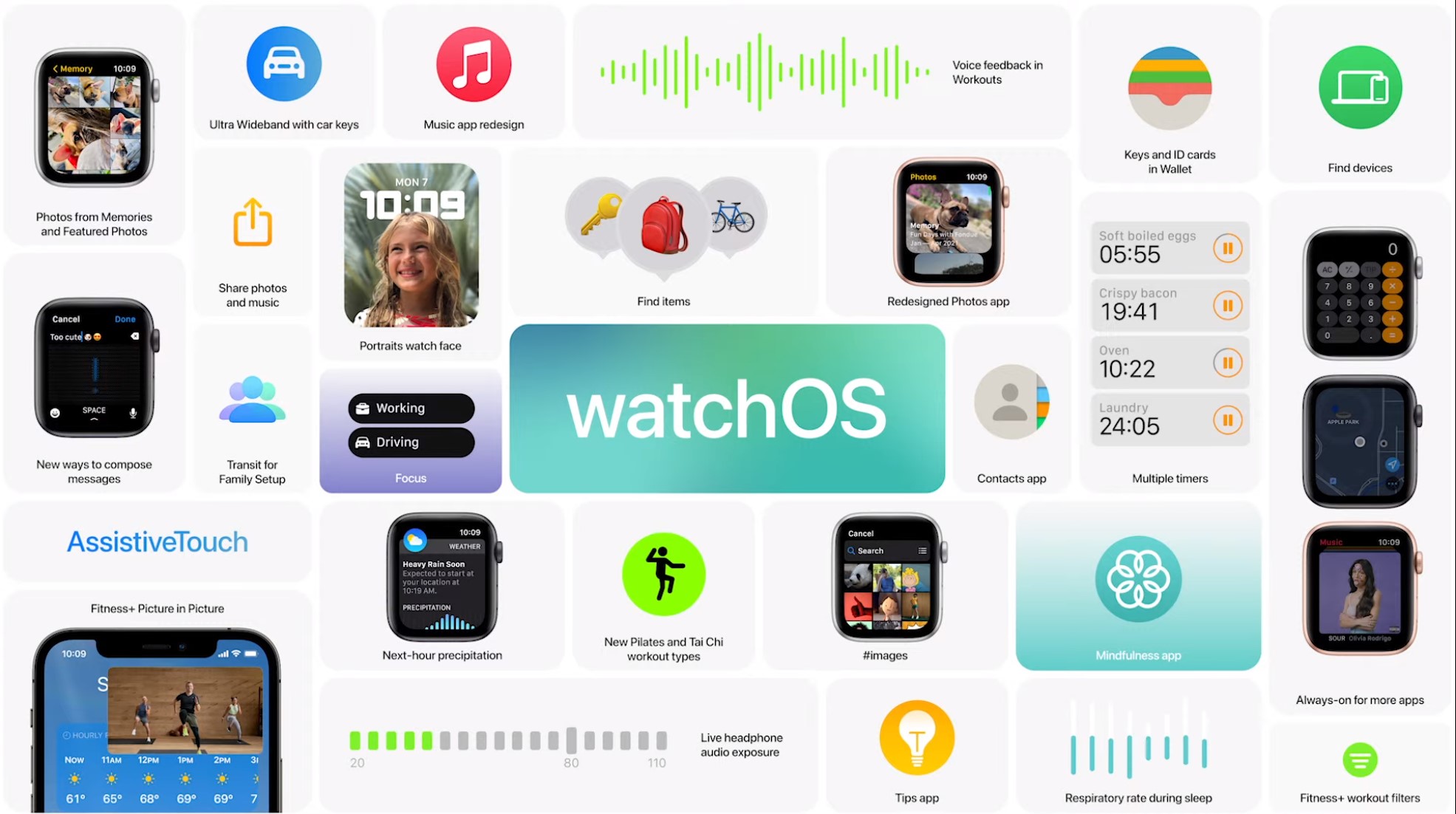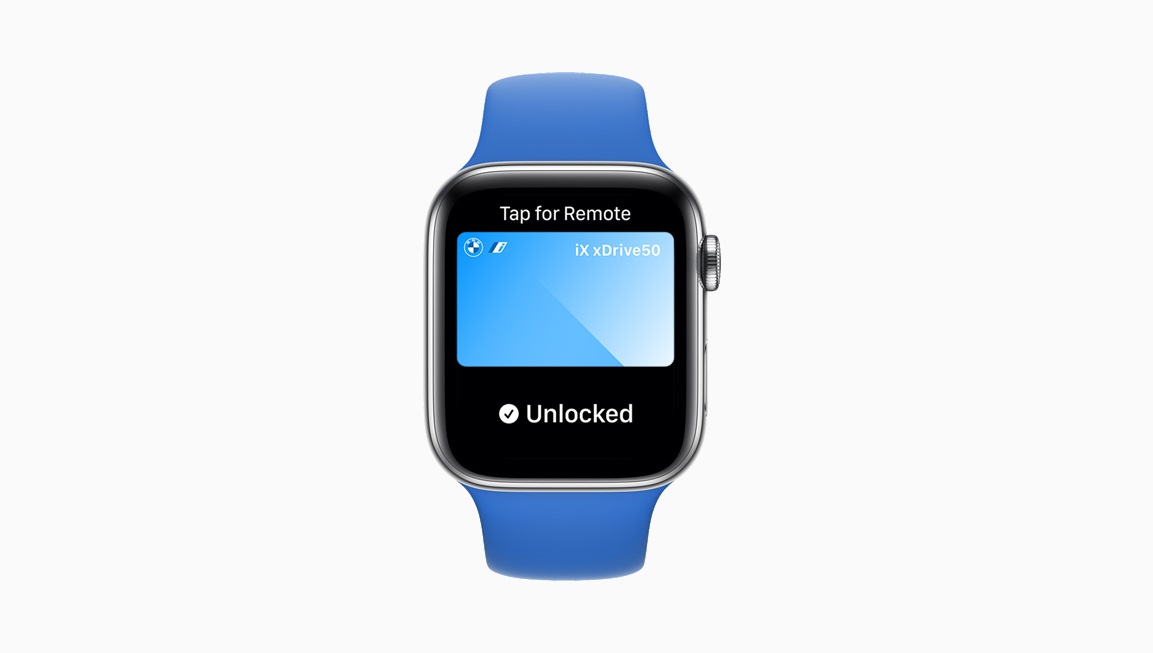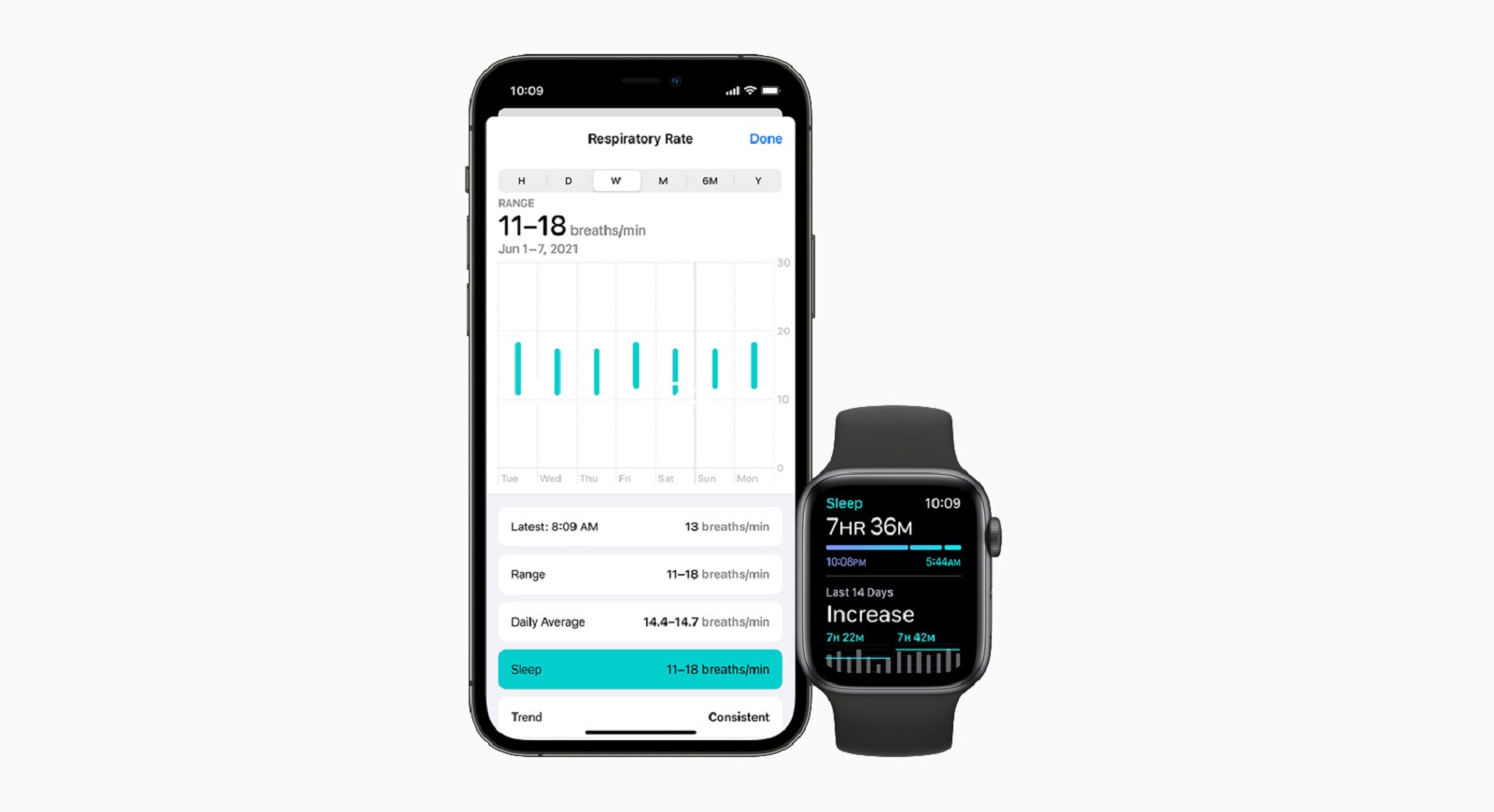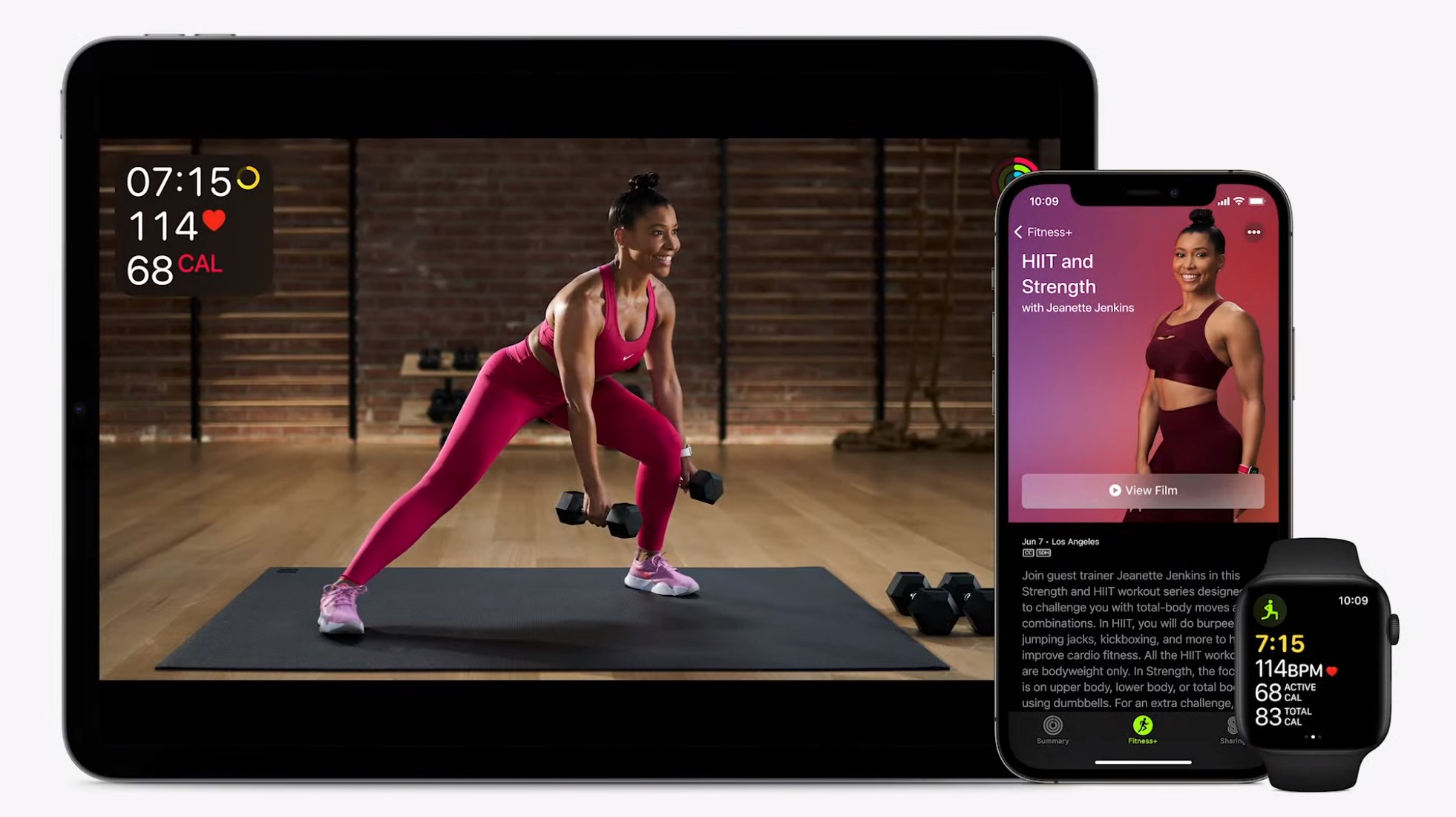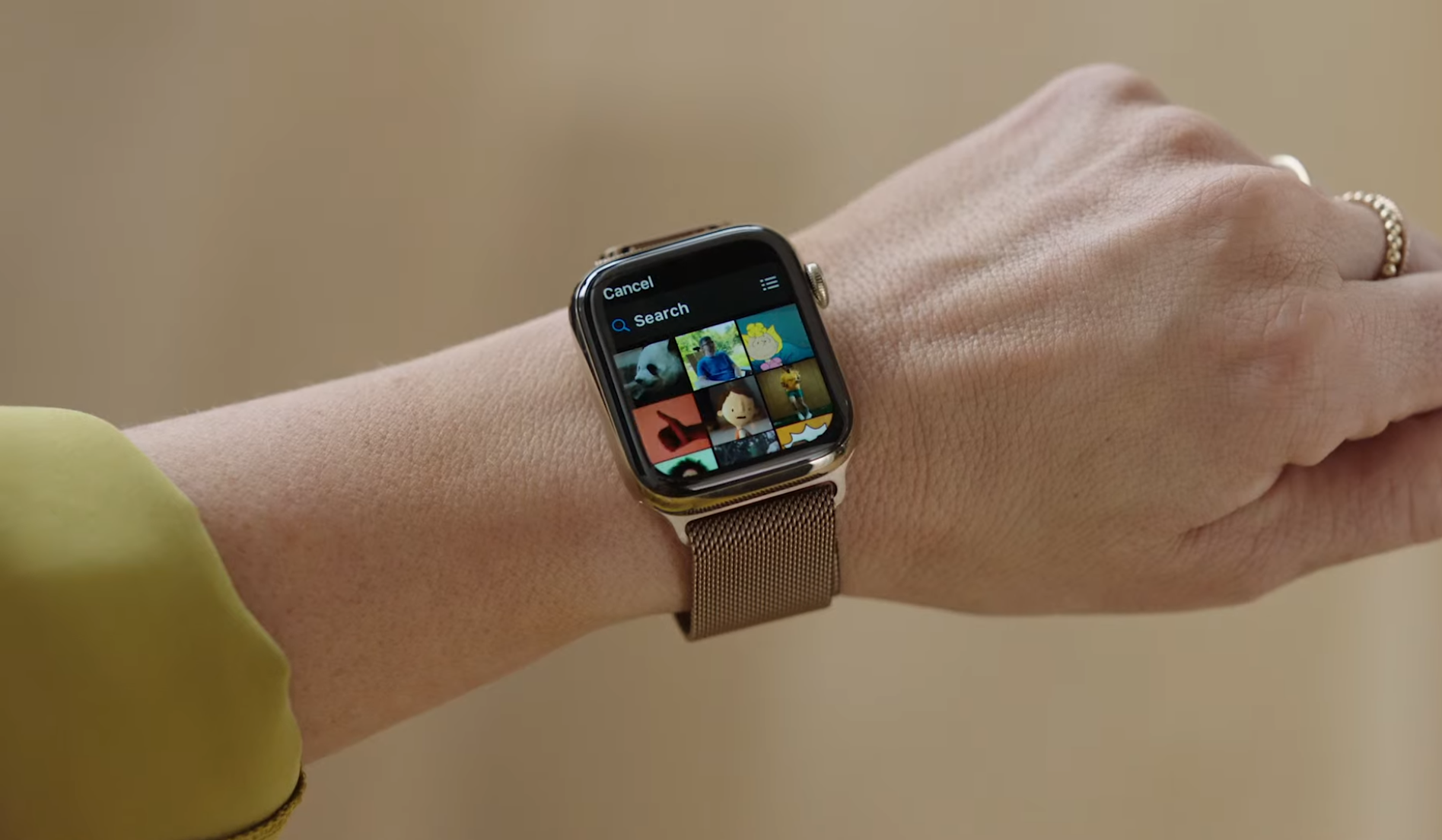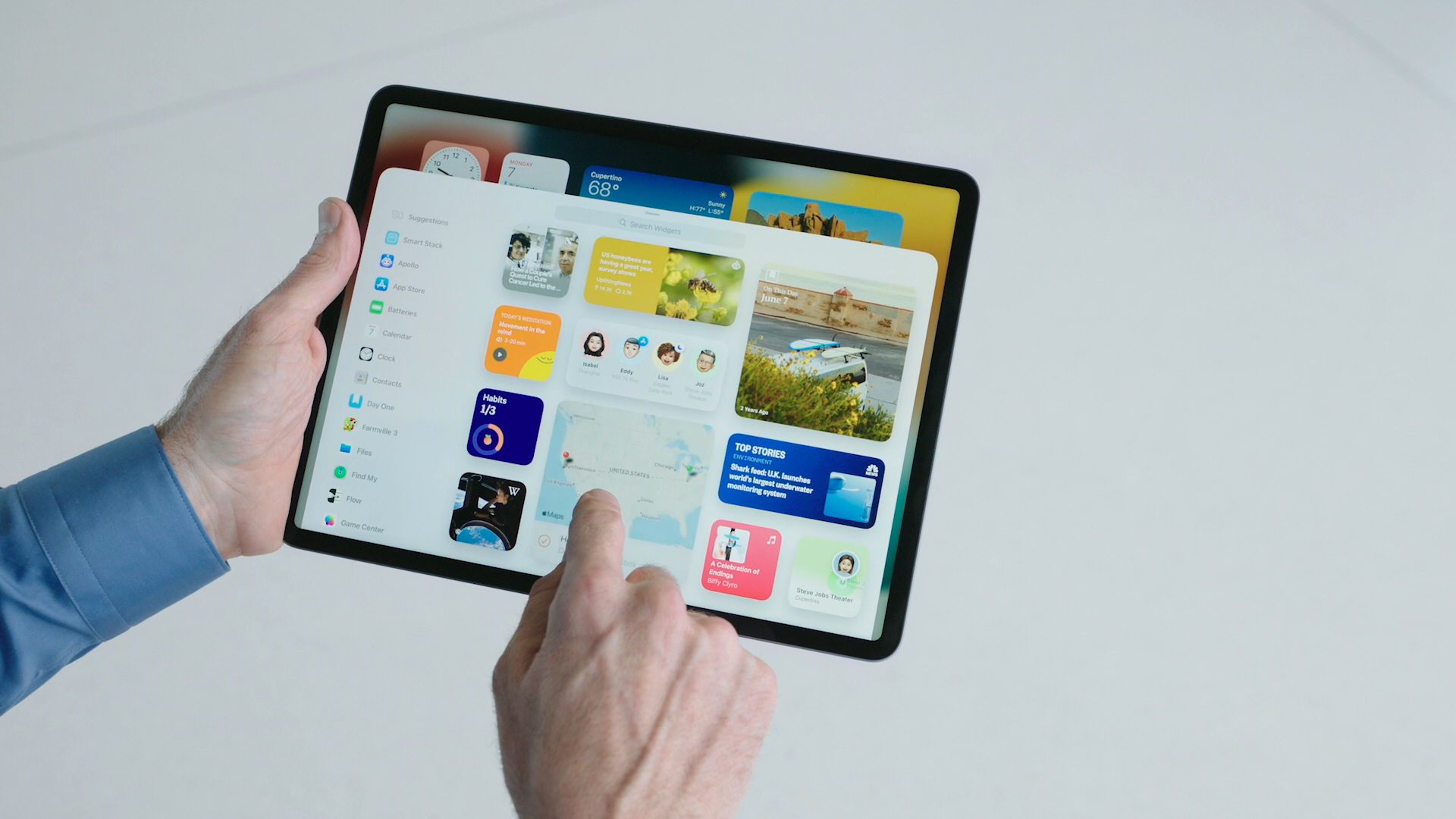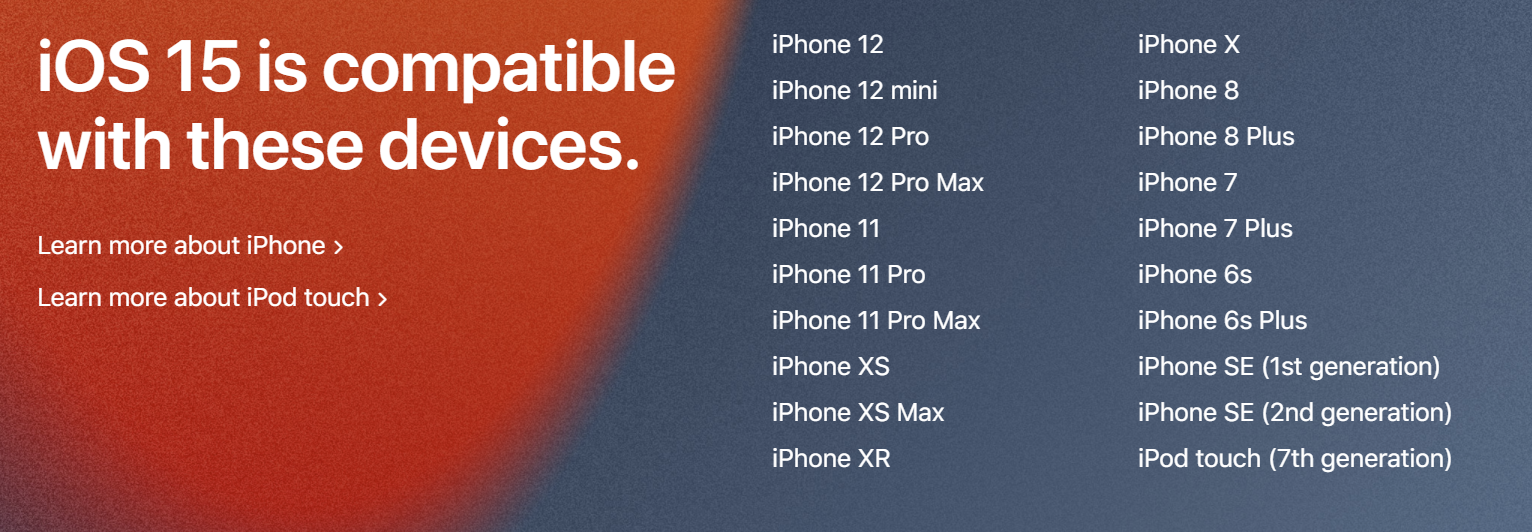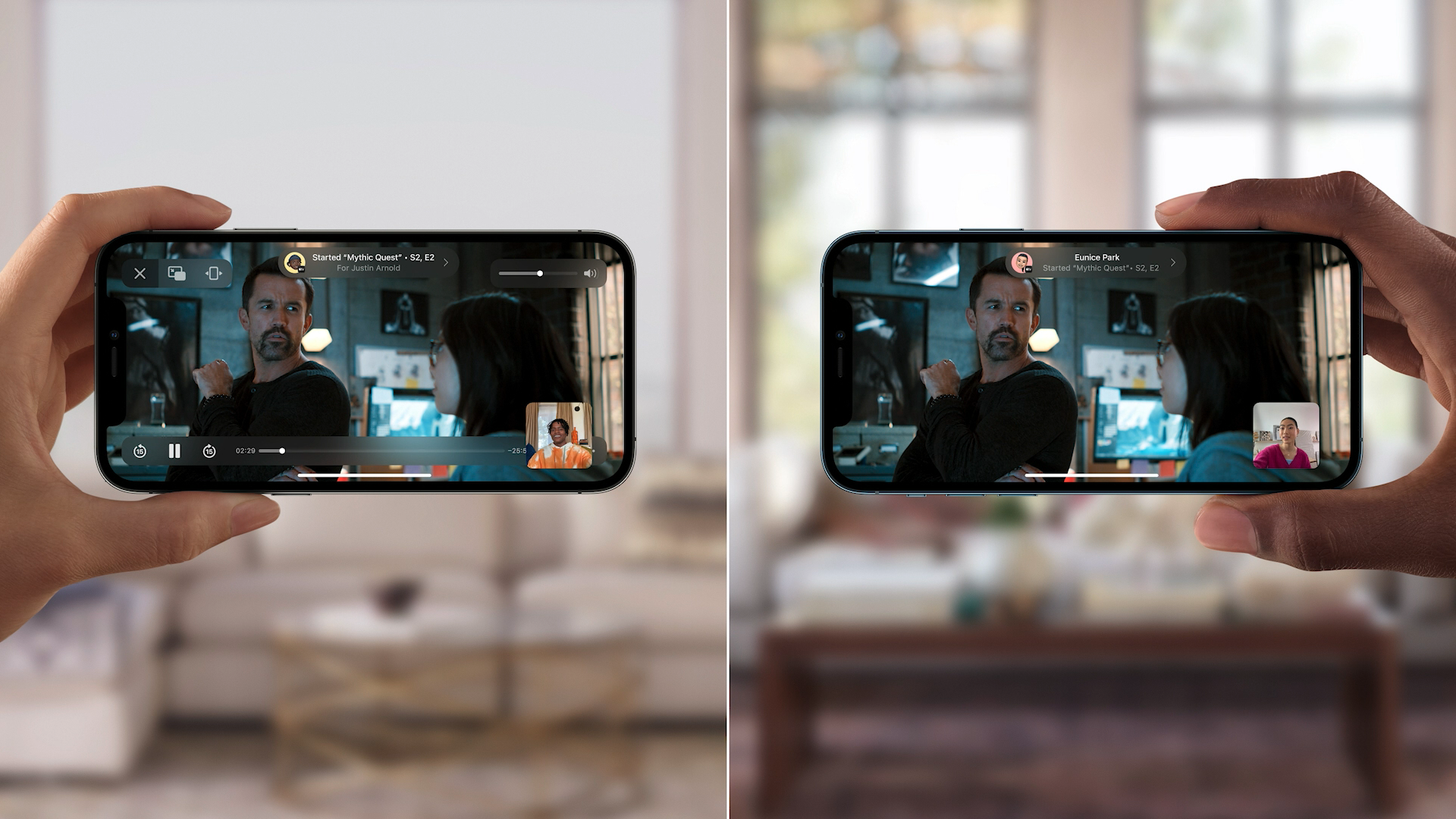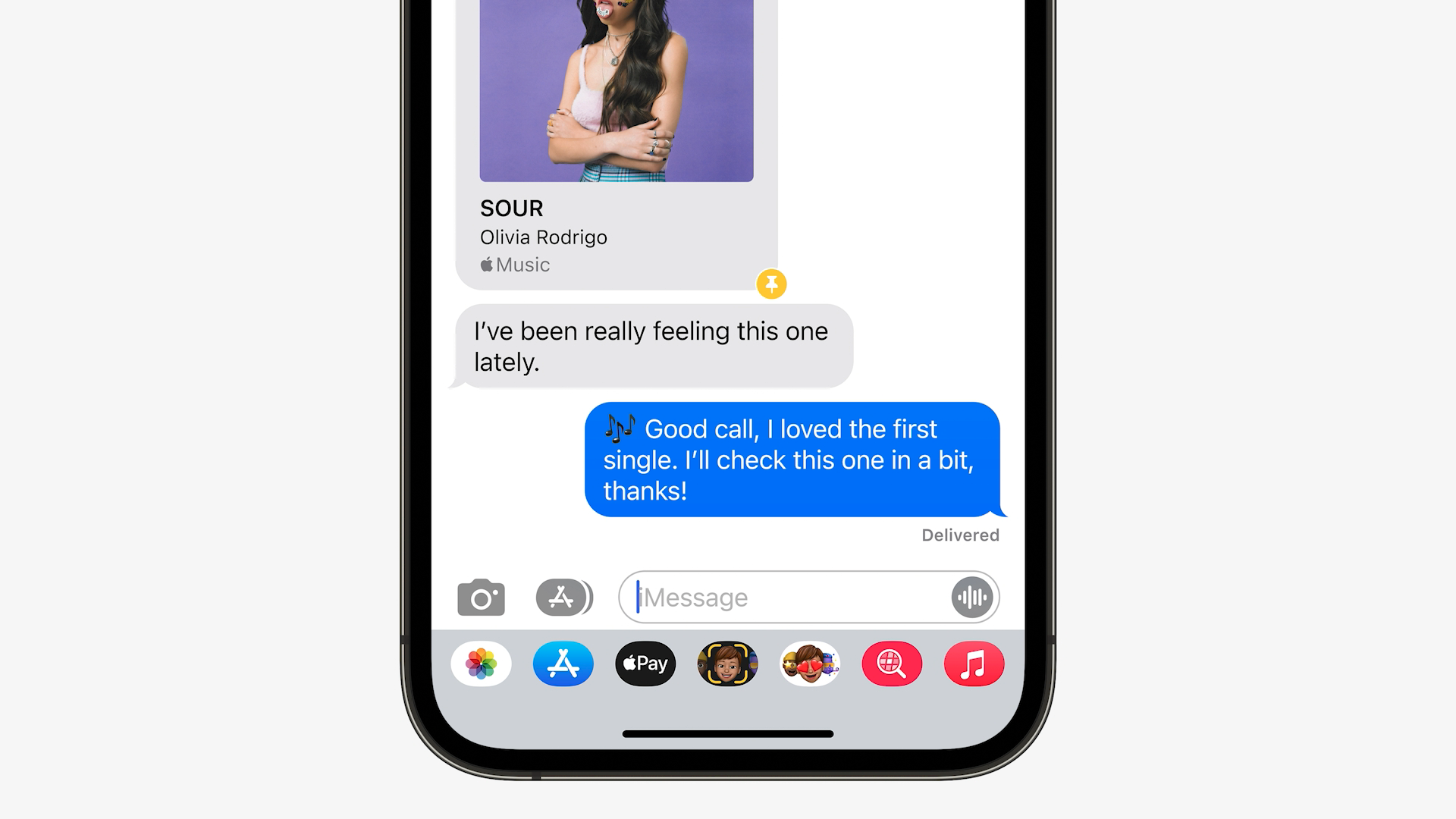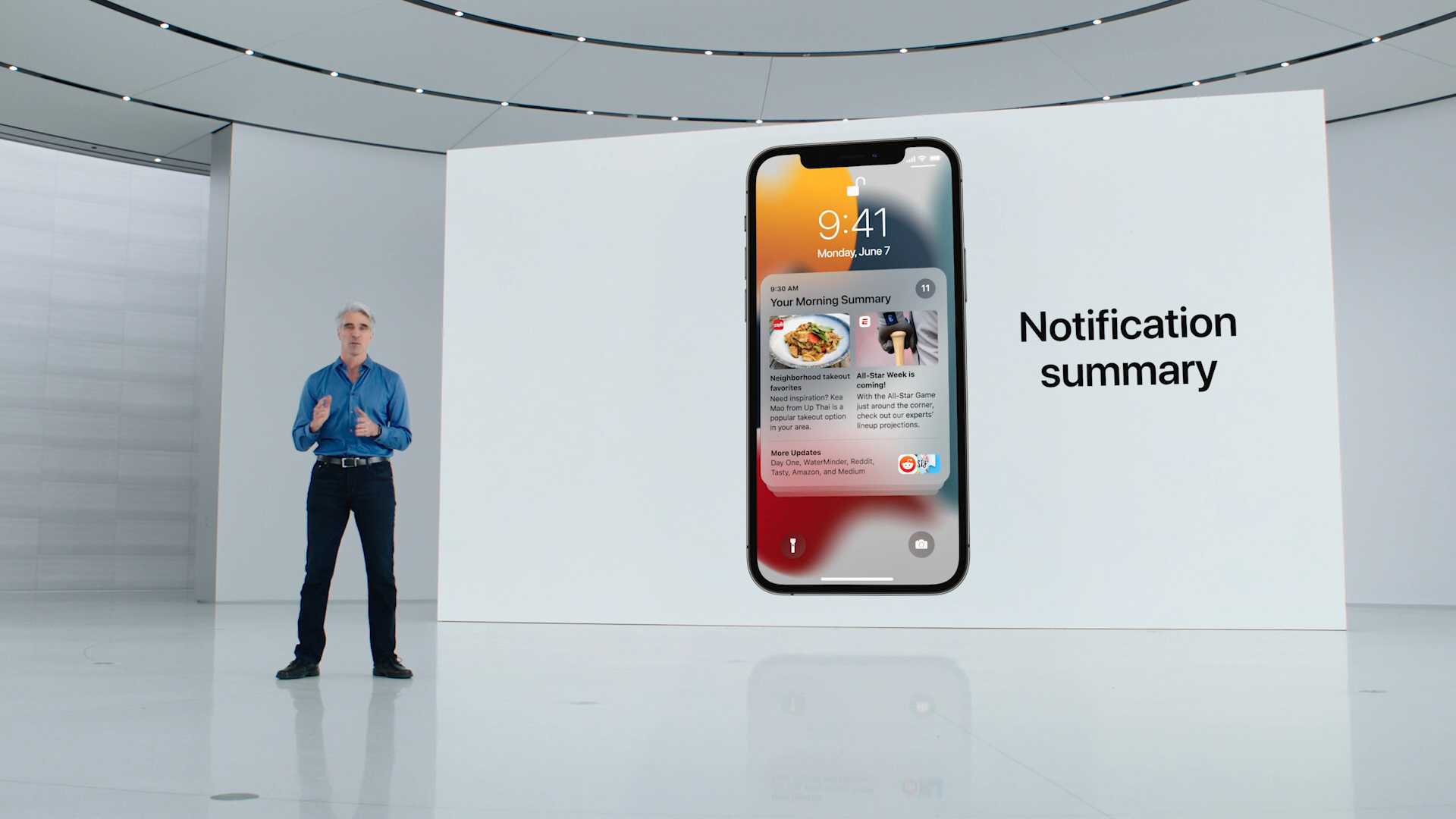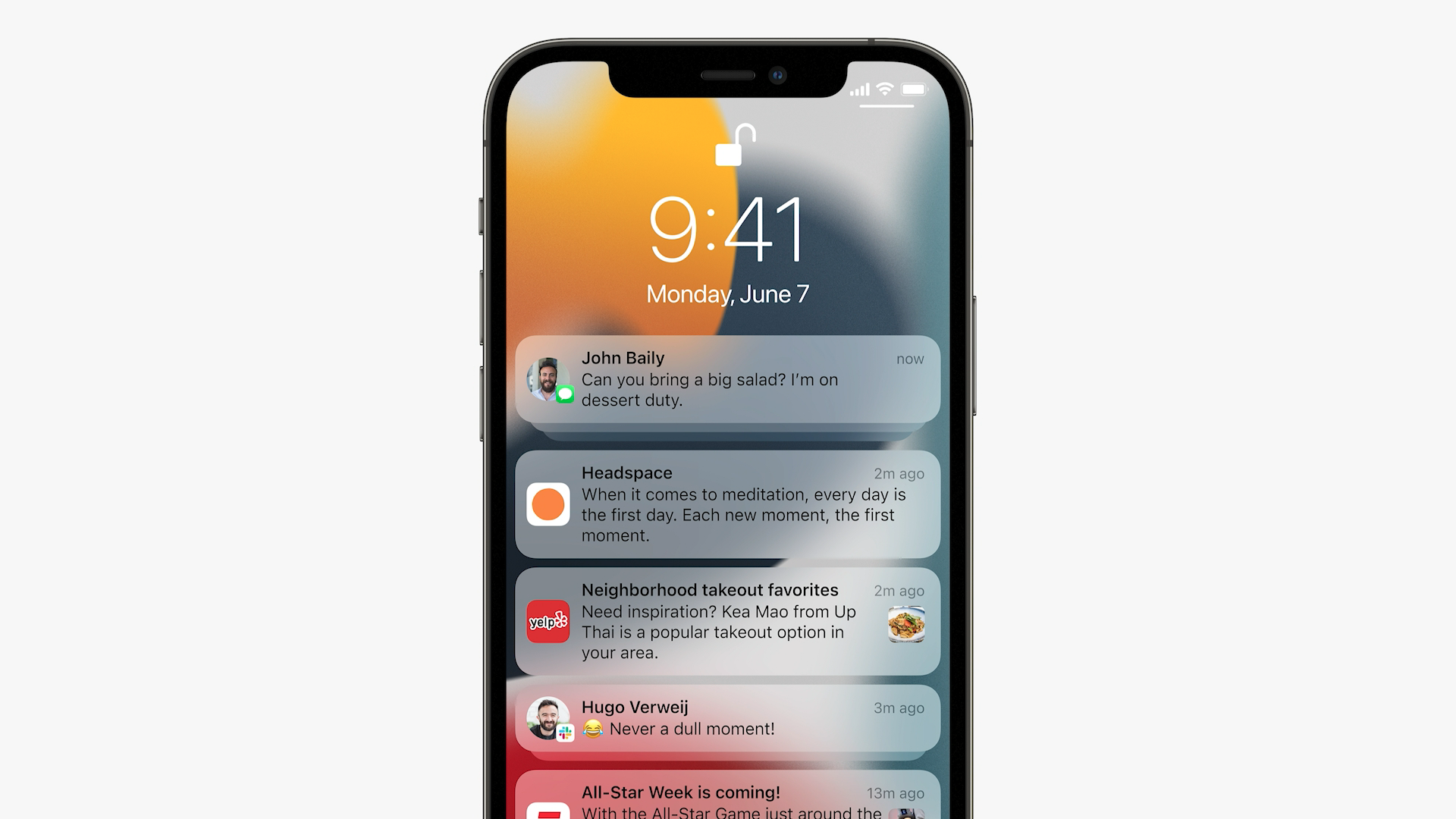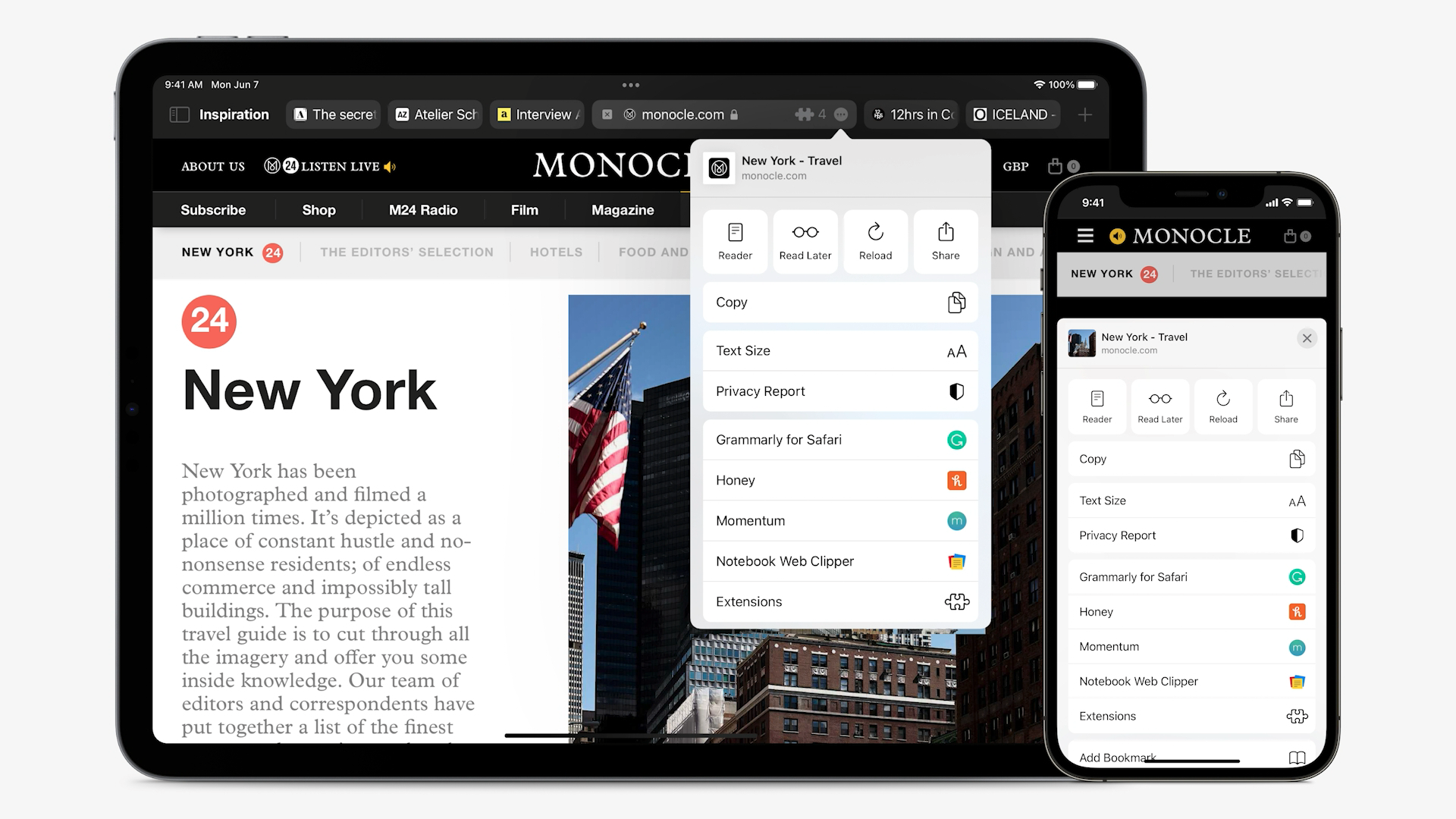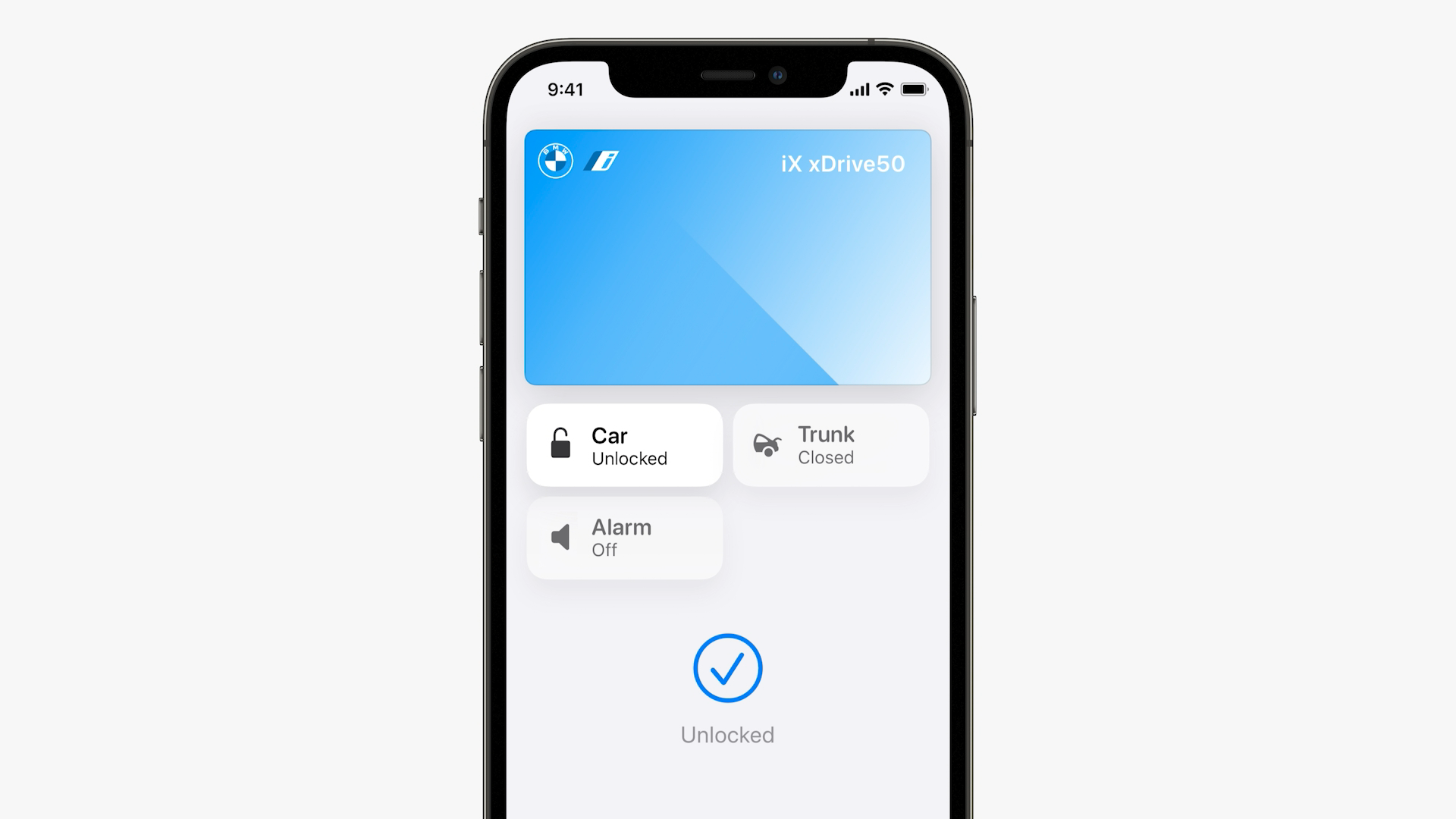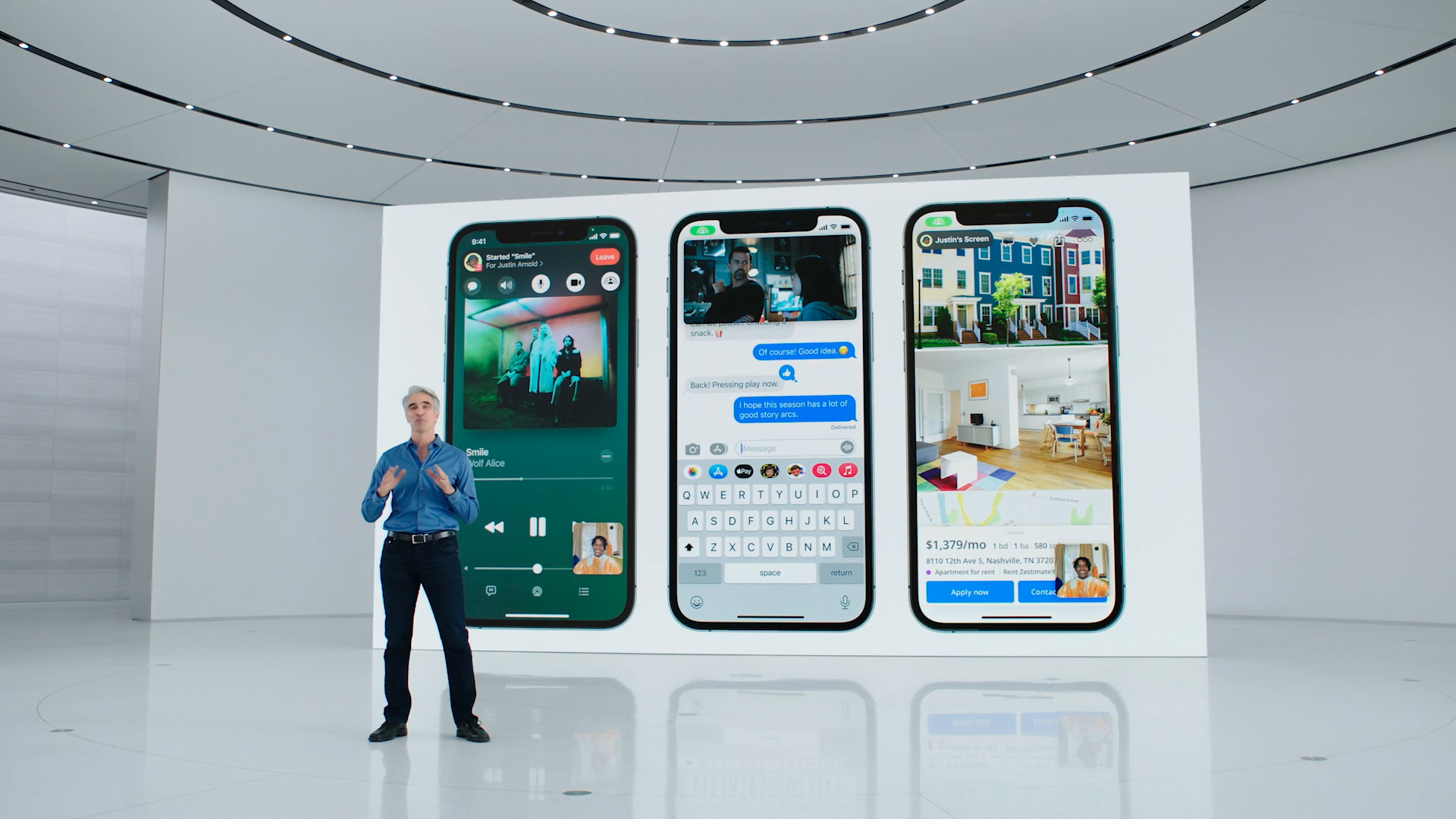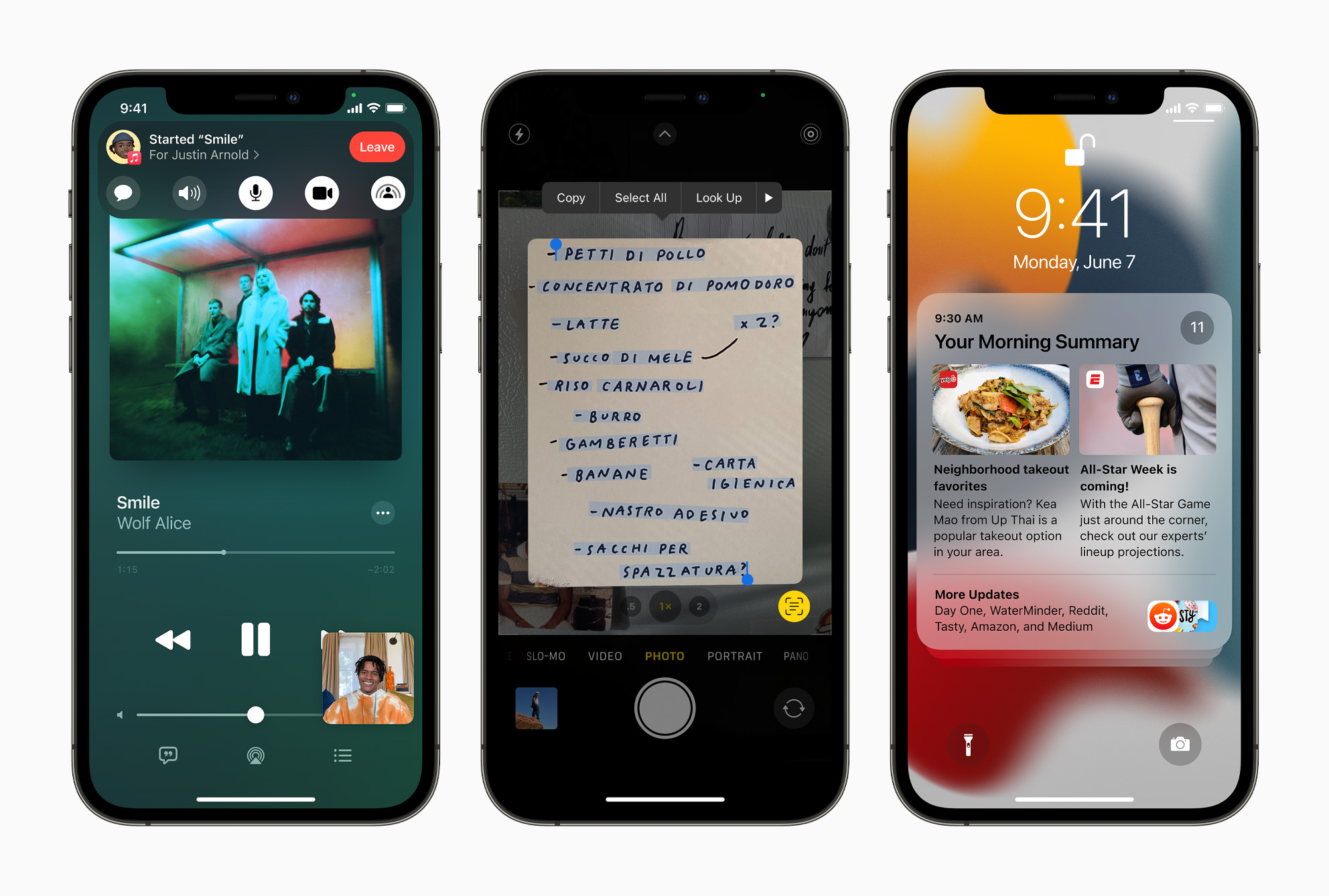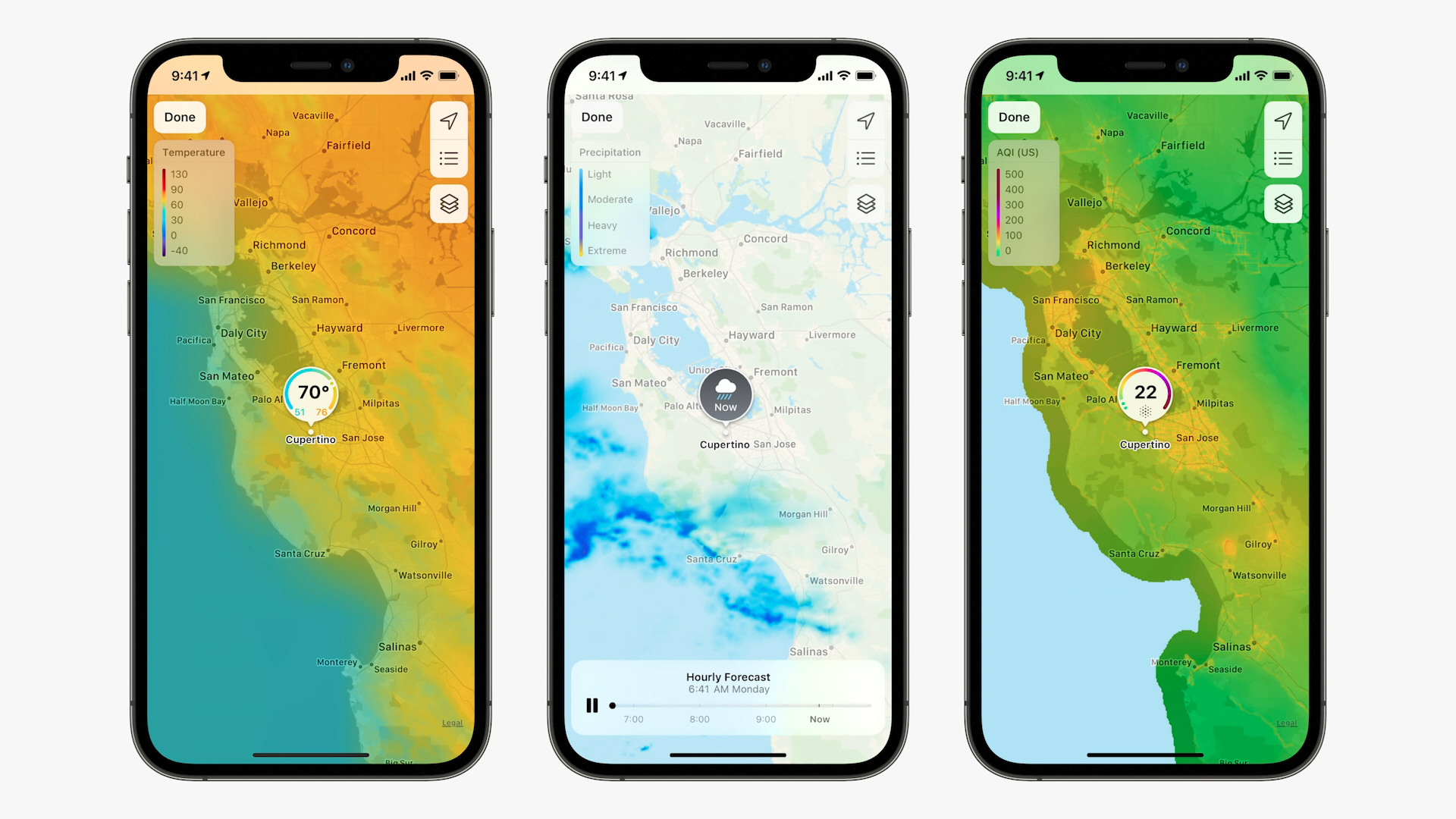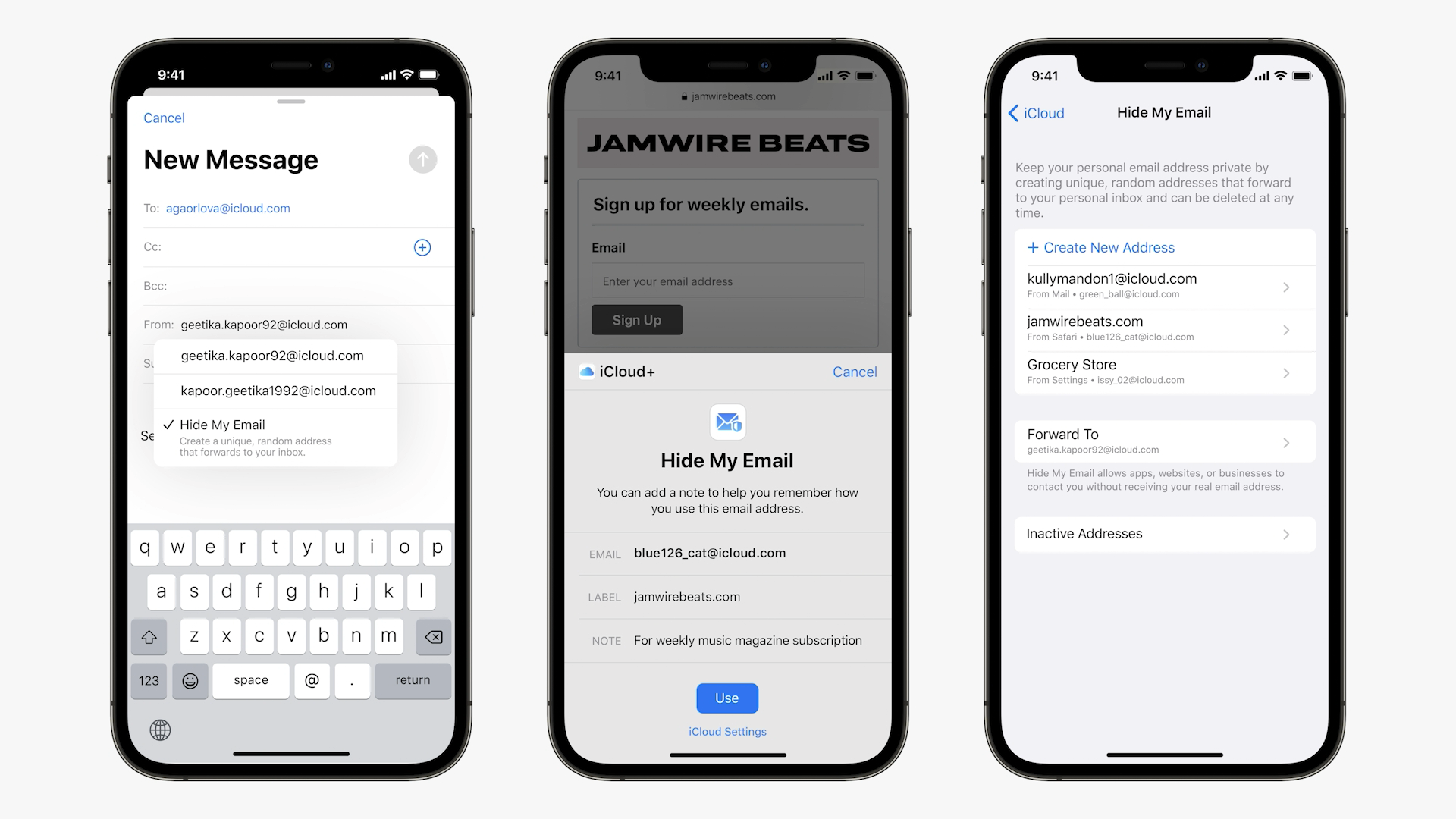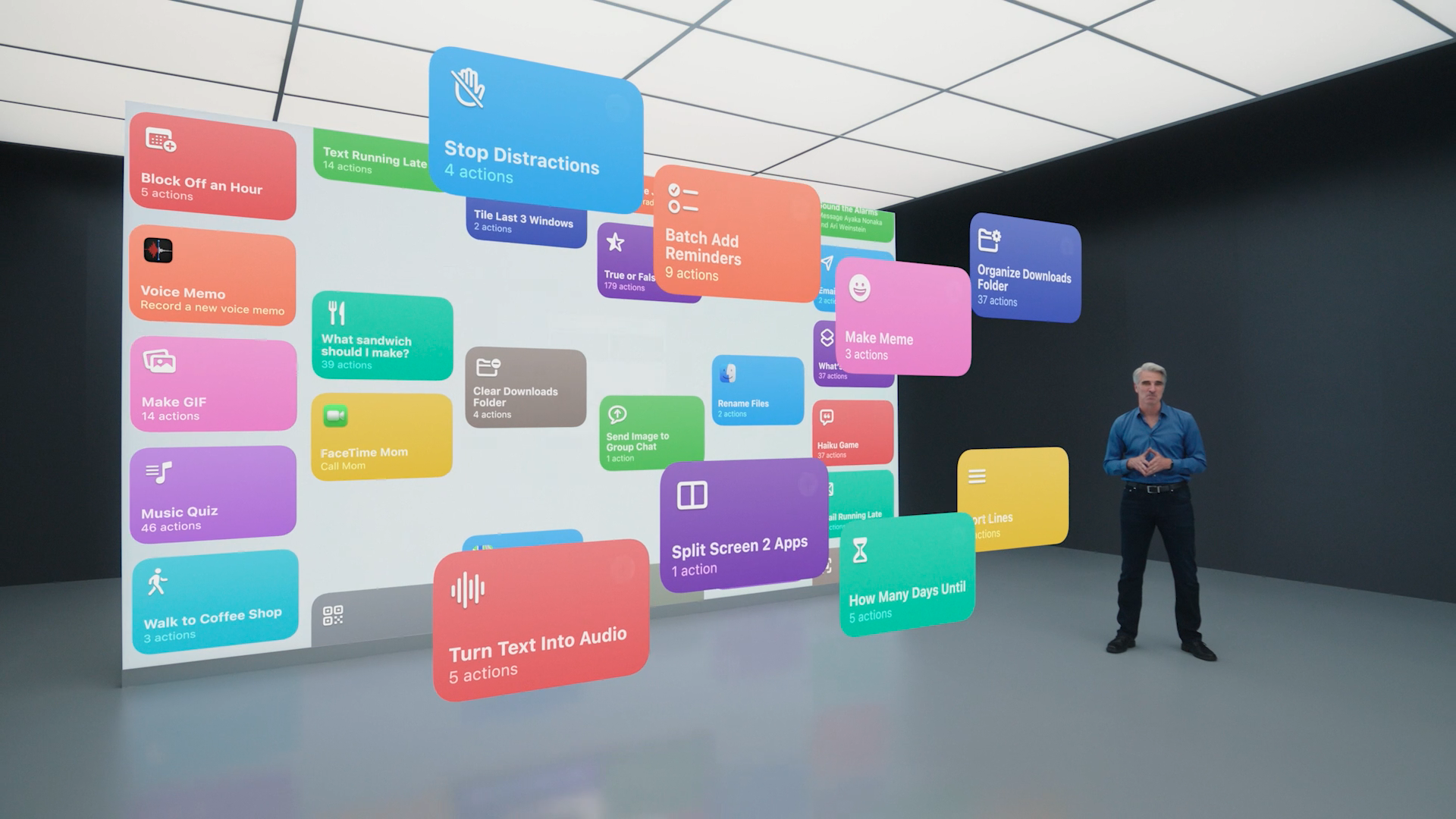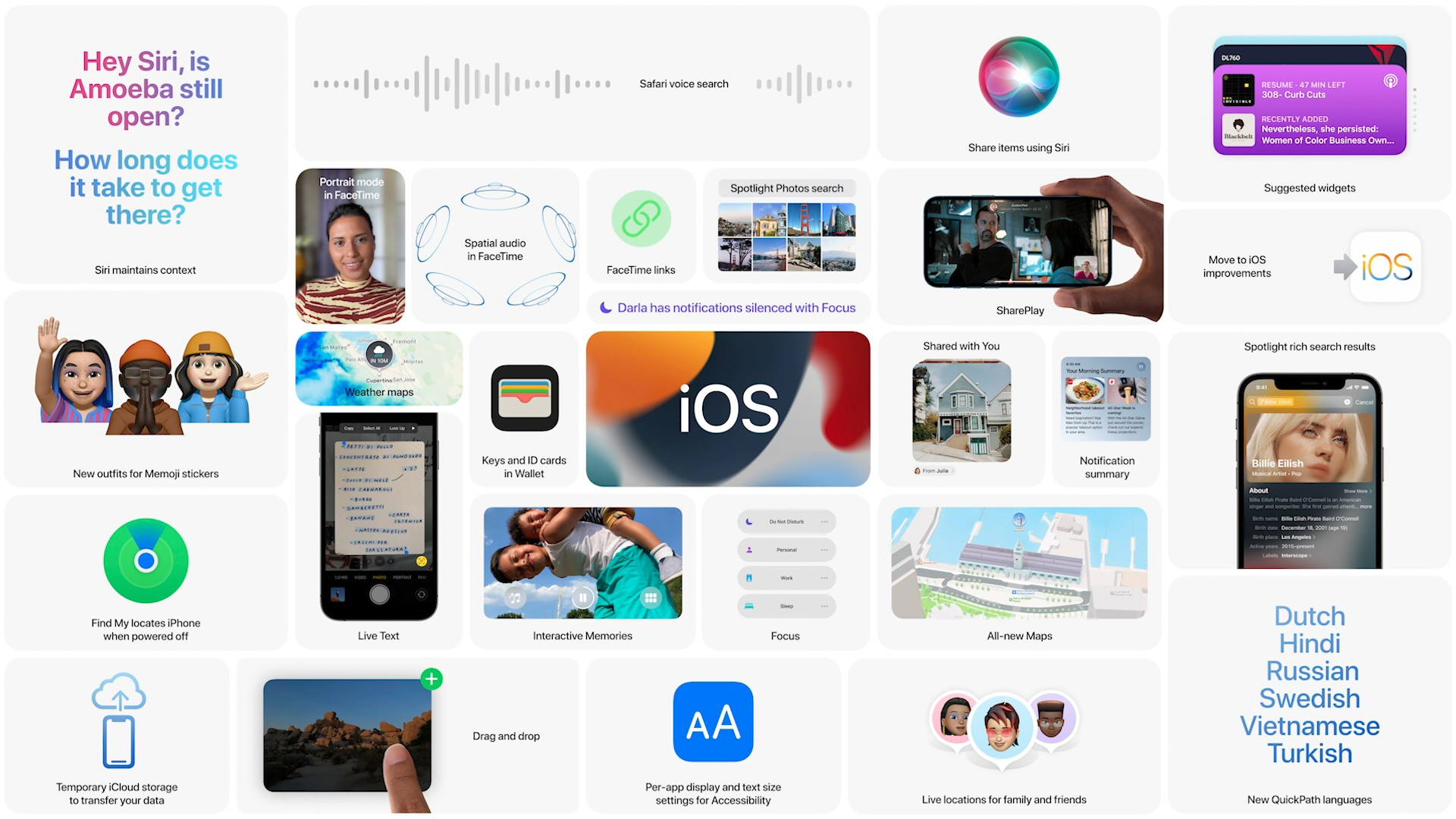It seems to go without saying: a business must always understand the needs and wants of its customers. This is especially true in today’s app economy, which has empowered consumers with myriad digital tools and unprecedented choices. The pandemic has only increased buyers’ expectations of a great online experience – and decreased their patience with businesses unable to deliver it.
Companies need to be thoroughly committed to providing a delightful experience – personalised interactions, extreme convenience, seamlessness across all channels – if they want to remain competitive. Research proves it: a PwC study found that 73% of all people point to customer experience as an important factor in their purchasing decisions.
And yet many businesses suffer from what’s been called the empathy gap. A study by Capgemini showed that although 75% of organisations think they’re customer-centric, a mere 30% of customers believe this to be true. A Salesforce survey found that two-thirds of consumers expect companies to understand their unique needs and expectations, yet two-thirds also perceive they’re generally treated like numbers.
Customer empathy is understanding customers on a deeper level – who they are, what their lives are like, and what their motivations are for using a product or service. However, getting this kind of holistic view has grown more difficult as customer experiences have become less human and more digital. Companies must seek to build deep connections with perhaps millions of people they may never actually see.

Data collection is not enough
To address this challenge, many companies have turned to collecting and analysing data – clicks, sales conversion statistics, email response rates, survey responses, and other digital exhaust – to try to draw customer insights.
But while quantitative methods can help uncover trends and patterns – say, that 60% of a company’s web page visitors are leaving without going beyond the home page – there’s a big problem: data can provide the “what” behind customer behaviour but not the “why.” It is devoid of colour, context, and emotion.
No wonder so many customers feel like numbers.
A critical step in telling the story of customer needs and wants is gathering qualitative feedback that relies on human insights – observations that allow businesses to put themselves in customers’ shoes by actually watching and listening to customers.
These human insights give companies an emotionally-powered perspective of their customers and depth of meaning that can build empathy and, ultimately, brand loyalty.
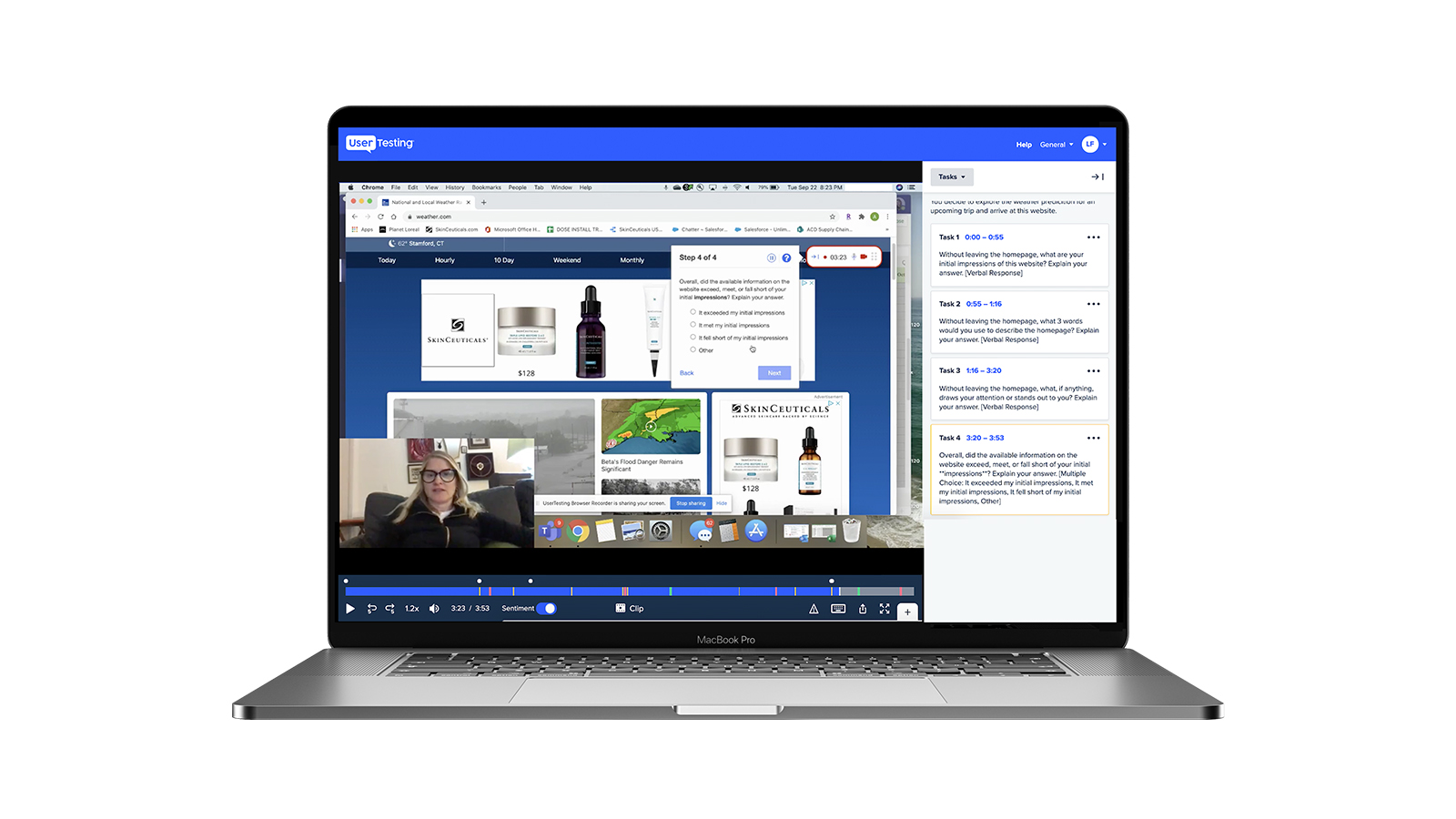
Let your customers guide you
This is where companies like UserTesting can help. UserTesting’s platform, accessed via the cloud as software-as-a-service, provides the tools for companies to adopt an empathetic, customer-centric approach in the experiences they create.
With UserTesting, businesses can easily see, hear and talk to real people as they review, respond, and react to their website and app experiences, products, services, campaigns and messaging.
The platform helps teams across organisations collect real human feedback and gain a deeper understanding of their customers for smarter decision-making, whether it’s finding out what users like or don’t like about a new app or how well a new advertising concept might resonate.
More and more companies are understanding the value of these human insights. According to new survey data recently released by UserTesting, customer feedback collection is on the rise, with 72% of organisations planning to increase their investments in 2021. It’s no secret: empathy with customers is no longer optional.
The survey also showed that the remote-first approach to customer feedback, which UserTesting enables, is a strategy that many companies will continue to embrace in the post-pandemic world. And for good reason: moving to online user research was found to increase revenue by about 40%.
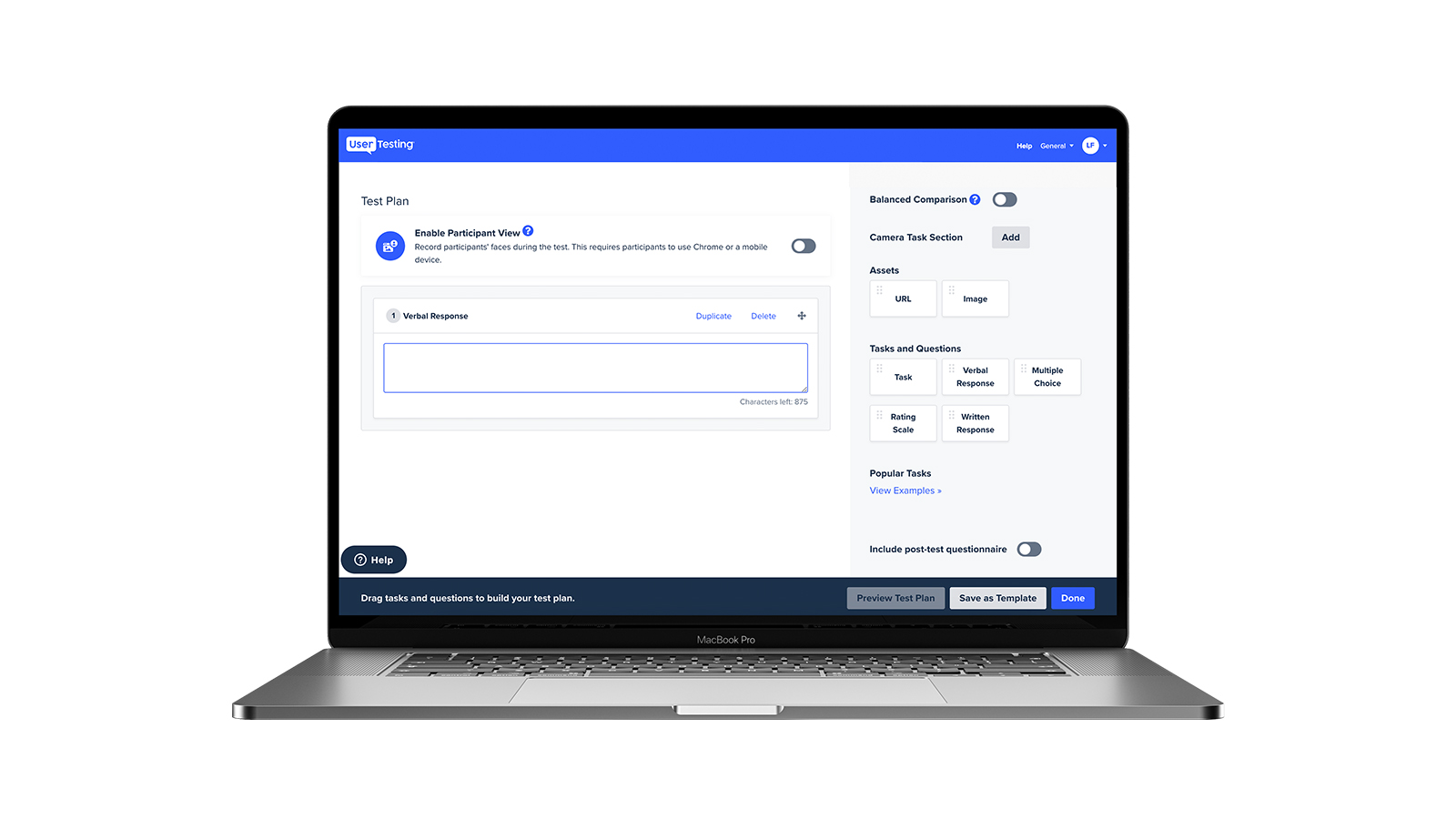
Real-world results
One of UserTesting’s customers is Total Brain, based in San Francisco and Sydney, a mental health and fitness platform with more than 1 million registered users. The platform is powered by neurotechnology that screens for seven common mental health conditions and assesses 12 brain capacities to help people scientifically measure and optimise their brain capacities while managing the risk of common mental conditions.
Total Brain uses the UserTesting platform like a Swiss Army knife, from obtaining quick feedback on design prototypes to conducting a 300+ person deep dive on user personas to better understand their behaviours and attitudes.
With this deeper understanding of its users, Total Brain redesigned its user registration process, simplified the overall experience and expanded the platform’s features and content. That included adding a personalised home feed, score trending, personalised recommendations, podcasts and neuro-optimised music.
Whether a startup or a long-established brand, companies around the world are embracing human insights to serve customer expectations that keep rising and evolving.
from TechRadar - All the latest technology news https://ift.tt/3jzGTx8

